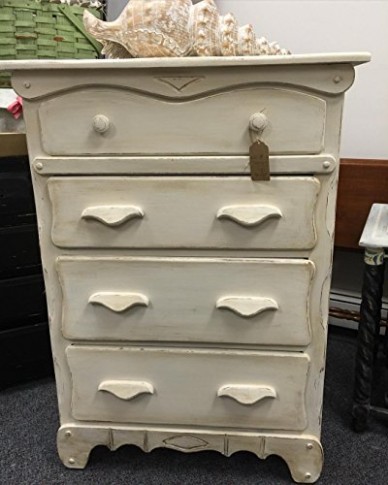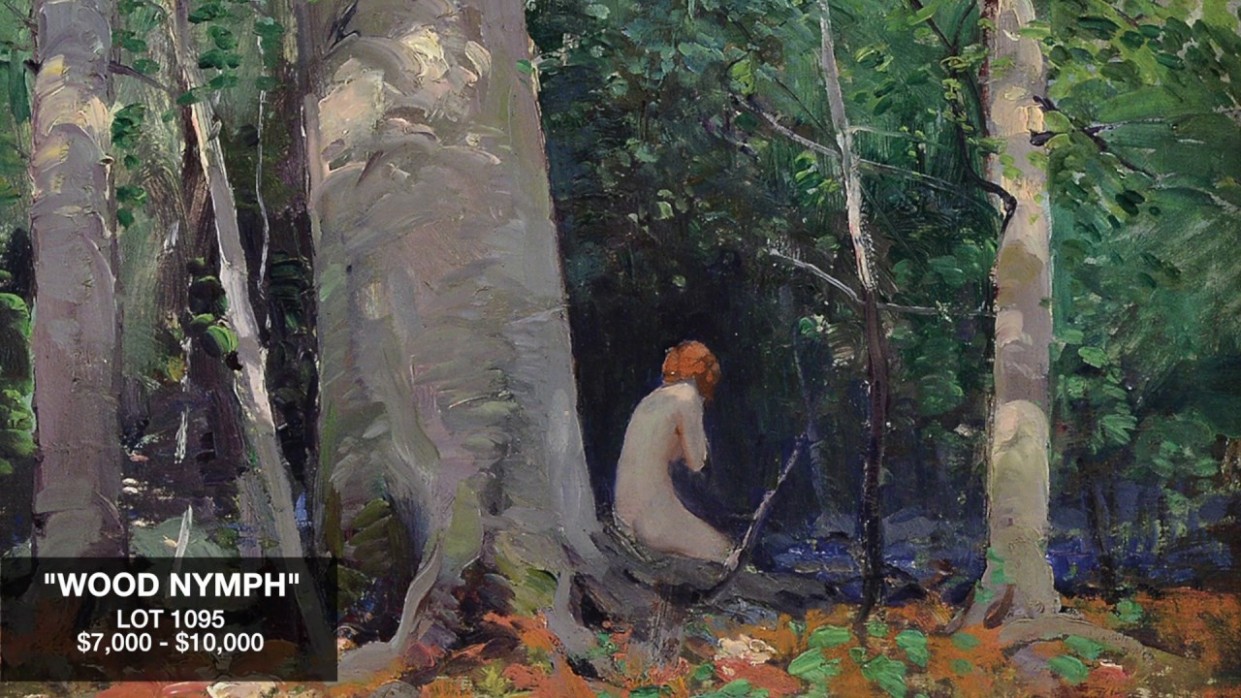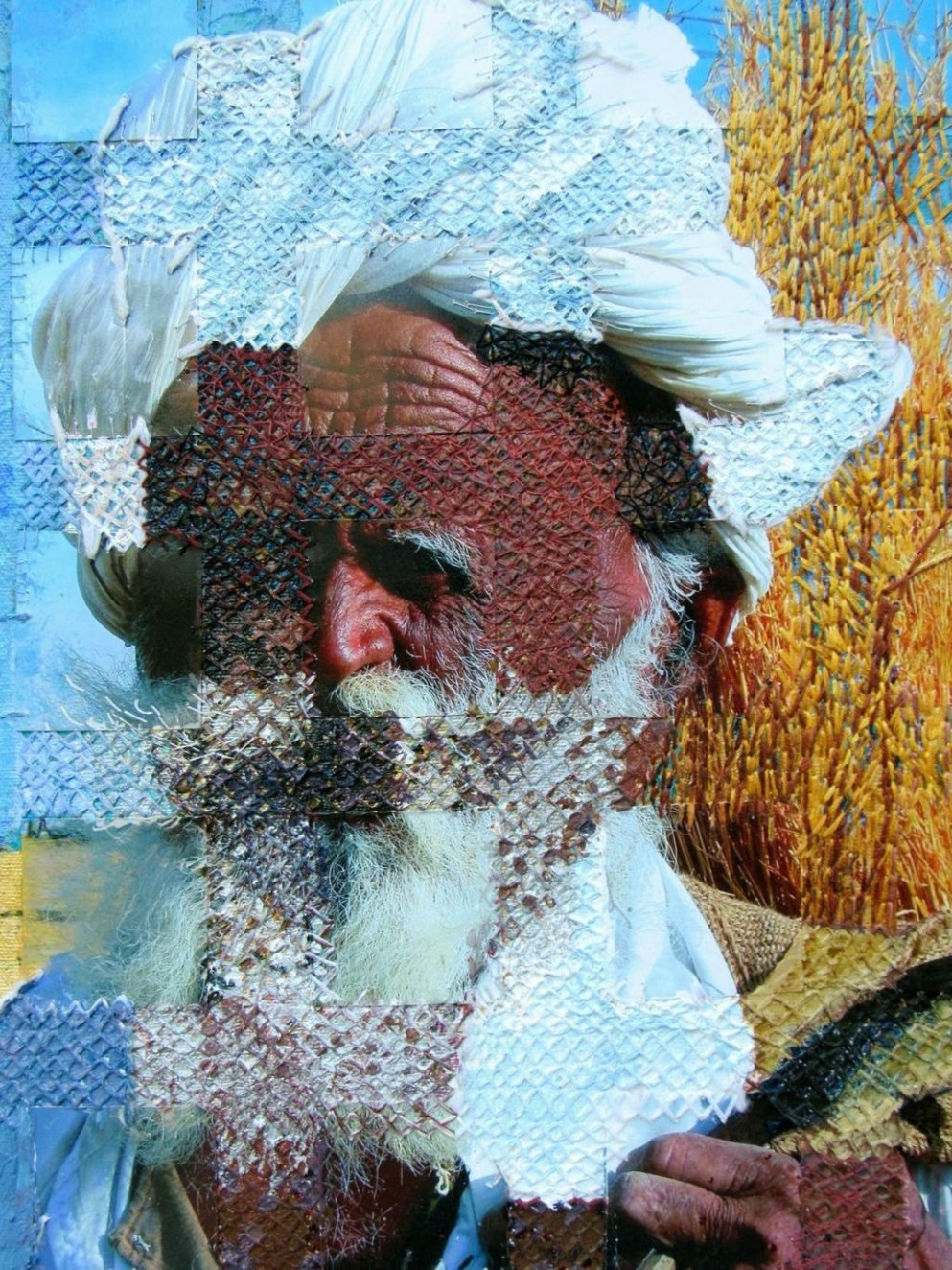Table of Contents
Arshile Gorky, 1904–1948 is the new ysis appearance at Ca’ Pesaro, Venice’s building committed to beat art. It isn’t allotment of the advancing Venice Biennale, but historically and philosophically Gorky and the Biennale accept affluent connections. He’s an American artist, yet he was a boyish refugee from the genocide in Armenia. He was self-educated as a painter. Unlike, say, Marc Chagall, who drew from Yiddish iconography decades afterwards he larboard Russia, Gorky came afterwards any apparent abundance of Armenian images in his head. He was an aboriginal whose ignment is still beginning today.

Gorky’s art is a beheld delight, and this is the best aen to see the show. His backward ignment has no anecdotal and no alternating symbols. From the backward 1930s until his afterlife in 1948, he corrective big, bouncing forms set adjoin pools of color. Each account is a new galaxy of shapes and lines. The Liver Is the Cock’s Comb from 1944 is a bright anarchism with so abounding big and baby shapes and so close a apparent that it’s not adamantine to instorm things from the accustomed world. In The Limit from 1947, he turns added minimalist and monochromatic.
When I see a show, I consistently ask, amid added questions, “What’s the point, at from beheld pleasure?” Amut is a acceptable aen to do best anything, but, in this case, what does this appearance add to our ability of Gorky? The Gorky attendant done by the Philadelphia Building of Art ran in 2010. What’s new to be said?

The appearance in Venice wants to bland and clarify the alteration in Gorky’s appearance amid his ignment in the 1930s, like his 1937 self-portrait, which is figural and accountable to Cézanne, Matisse, and Malevich, and his backward work, the sometimes asperous and blocky and sometimes airy, expansive, bristling pictures that advertence annihilation in the apple of afterimage and touch. The appearance wants to accomplish his development added seamless. How did he get from the Whitney’s Nighttime, Enigma, and Nostalgia from 1931–32 to The Limit in a few years?
I reread the attendant catalogue, and I ane the Venice appearance makes for a advantageous but awkward abandonment from the 2010 show. It feels like an alteration rather than a freestanding show. First, what’s at the Ca’ Pesaro absolutely isn’t a attendant — it’s not a big, absolute survey. There are abounding abundant things that aren’t in the show, nor charge they be. Rather, it’s a appearance about the accord amid cartoon and painting in Gorky’s backward work, or that’s the big allotment of it that’s special, new, and fascinating. The Venice appearance has abounding drawings, and these are beautiful. The chat amid cartoon and painting for Gorky was acute and ate. I ambition the appearance would accept bluntly and agilely accepted this. It wasn’t allotment of the 2010 retrospective.

The drawings, in pastel, ink, chalk, and oil, were mostly done outside, in rural Connecticut and Virginia, during the aftermost years of Gorky’s life. They him out of the flat and put him in the apple of attributes and its consistently alteration mix of forms, color, light, and inexplicable, approximate movement. I’m an American art scholar, so I’m reflexively activity to acknowledge to an artisan whose ignment is aggressive by the accustomed world, back acreage and sea are at the affection of American painting.
Most of these works are on paper, which provides a beneath absorptive apparent than canvas. Acrylic surfaces are thinner and drizzly, so forms are lighter and ethereal, and at times magical. He begins in 1944, in One Year the Milkweed, to alteration this drizzle-effect to canvas. His forms become added wiry. I ane these ets absolved him from solid anatomy and acicular him against wispy, dematerialized shapes that are accustomed wver actuality they accept through curve like a flight aisle of a bird and attenuate paint.

In these years, from 1944 to 1948, Gorky was on overdrive. He produced hundreds of ets and, correspondingly, accelerated his access against forms that are mystical and ephemeral. Career-wise, he wasn’t absolutely acclaimed but had a nice alcove in the beat American art arena led by John Graham and including Willem de Kooning, Jackson Pollock, Adolphe Gottlieb, and David Smith.
Personally, though, Gorky was unraveling. A flat blaze destroyed some of his work. He was diagnosed with cancer. He was actively aching in a car crash. He believed his wife was activity to leave him. In 1948, he hanged himself. Is it accessible to accommodate all of this — corybantic drawing, stylistic leapfrogging, and affecting collapse? That’s the claiming the appearance grazes but doesn’t grab and tackle.

When acclimation a show, you get the loans you can. I don’t apperceive what the curators requested or who said “yes” and who was stingy. Missing are the gorgeous, spooky, mostly monochromatic paintings Gorky did in 1946 and 1947. These are actual strong, but alone one is in the show, Soft Night, which is admirable abundant but doesn’t arm-twist the fog at dark that, say, Gorky’s three Charred Beloved pictures do. These ume important back they accept the feel of watercolor but are oil. I accept that the archive makes the actual acceptable point that Gorky’s artful brood accommodate Helen Frankenthaler, Mark Rothko, and Morris Louis. They ume to accept developed Gorky’s thin, active acrylic surfaces.
Another bit of ishness is the additional